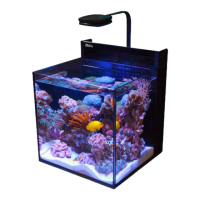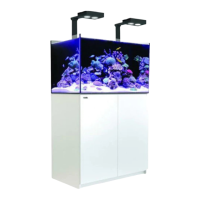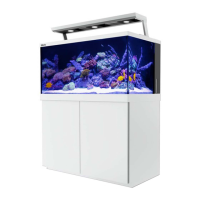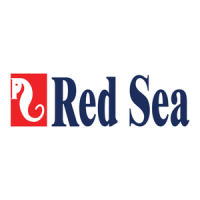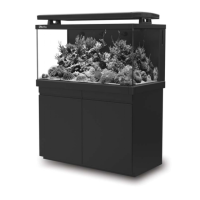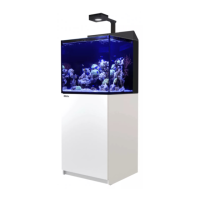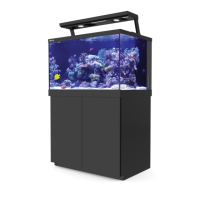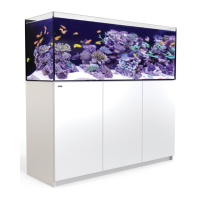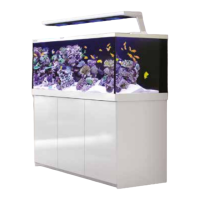Red Sea MAX User Manual
2.
3.
1.
2.
3.
4.
Remove and inspect the mechanical filtration media for
excessive debris. Rinse them under tap water.
Clean the skimmer collection cup and neck.
Supplements
Add supplements in accordance with the tested water
parameters and the appearance / behaviour of the
inhabitants. Do not overdose. Some supplements, such as
iodine, are toxic in high doses.
Invertebrate feeding
The first step in understanding and addressing the dietary
needs of a reef invertebrate is to identify the feeding
strategies of a given specimen.
Coral
Most symbiotic corals need to supplement the products of
photosynthesis with hosted zooxanthellae. Very few species
are truly autotrophic; most will slowly starve if not fed in
captivity. Unfortunately the aquarist cannot always discern
such a gradual process; the net daily deficit amounts to only a
few percent. Most popular coral specimens feed on
zooplankton, other nanoplankton (bacteria, floc, mucus) or
absorb nutrients from the water. Most corals require feeding.
Anemones
Anemones consume pieces of mussel or shrimp, placed
directly on the tentacles or mouth.
Fish supply stores stock many different commercial liquid
foods. We recommend Red Sea CoralGro. CoralGro's complete,
balanced formulation supplies all the nutritional requirements
for marine invertebrates.
Monthly reef care: water changes
While we recommend changing 10% of the tank water every
week, if that proves too difficult, replace 25-30% of the water
at least once a month. Frequent partial water changes help to
dilute undesirable substances.
Siphon away the amount of water to be replaced.
Pre-mix the replacement seawater to achieve temperature
and specific gravity that match the tank water parameters.
Slowly add the newly mixed water.
Check the parameters again, and adjust as necessary.
Take this opportunity to vacuum part of the substrate or bare
bottom and bare live rock areas, rearrange the décor and
perhaps move around some of the livestock.
35
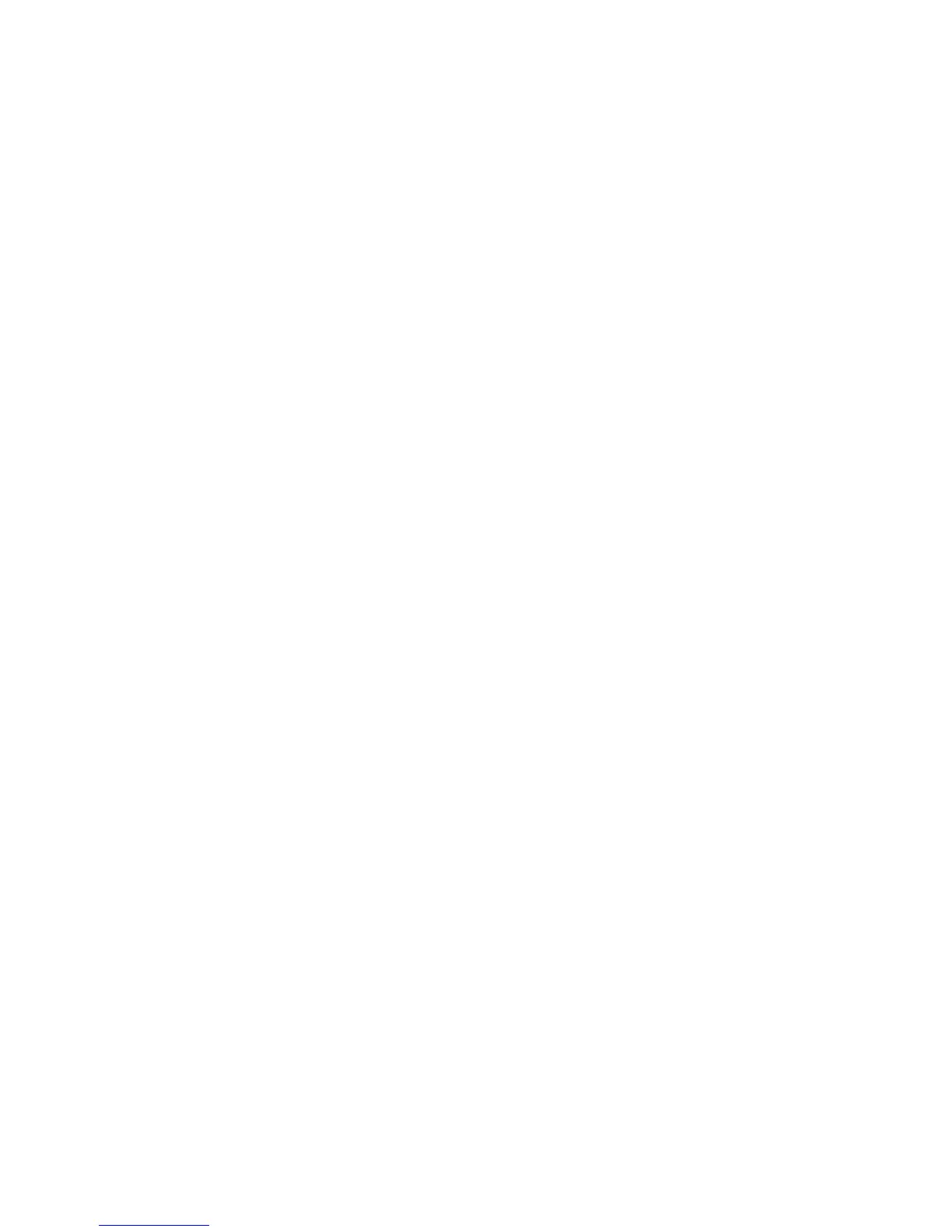